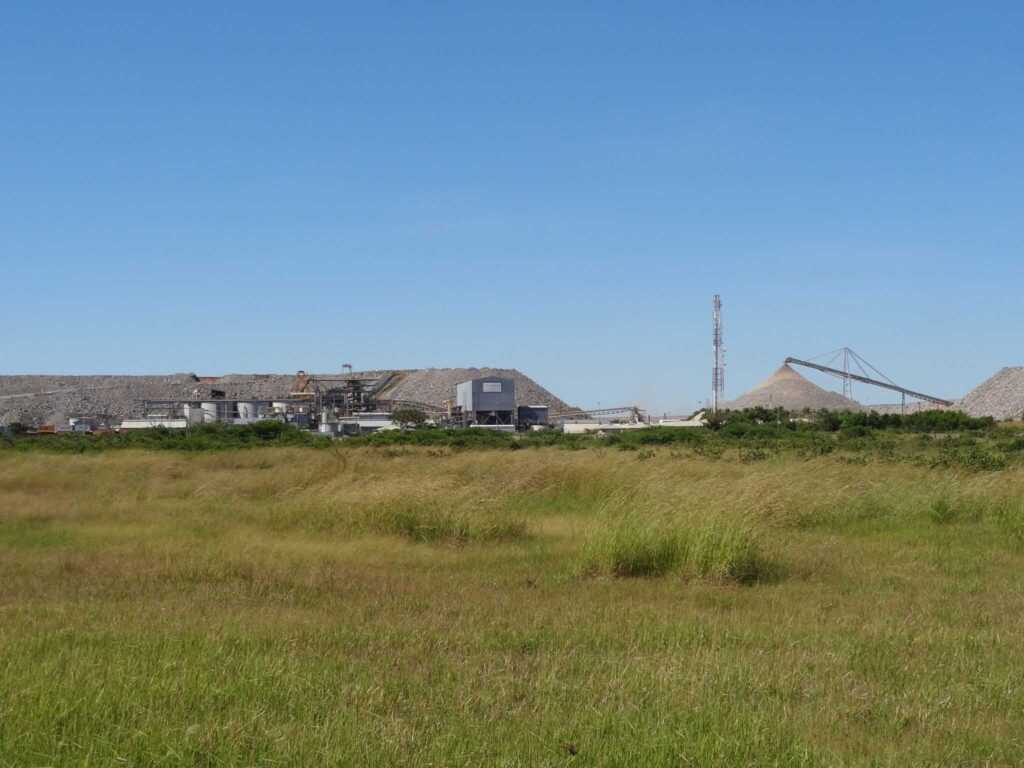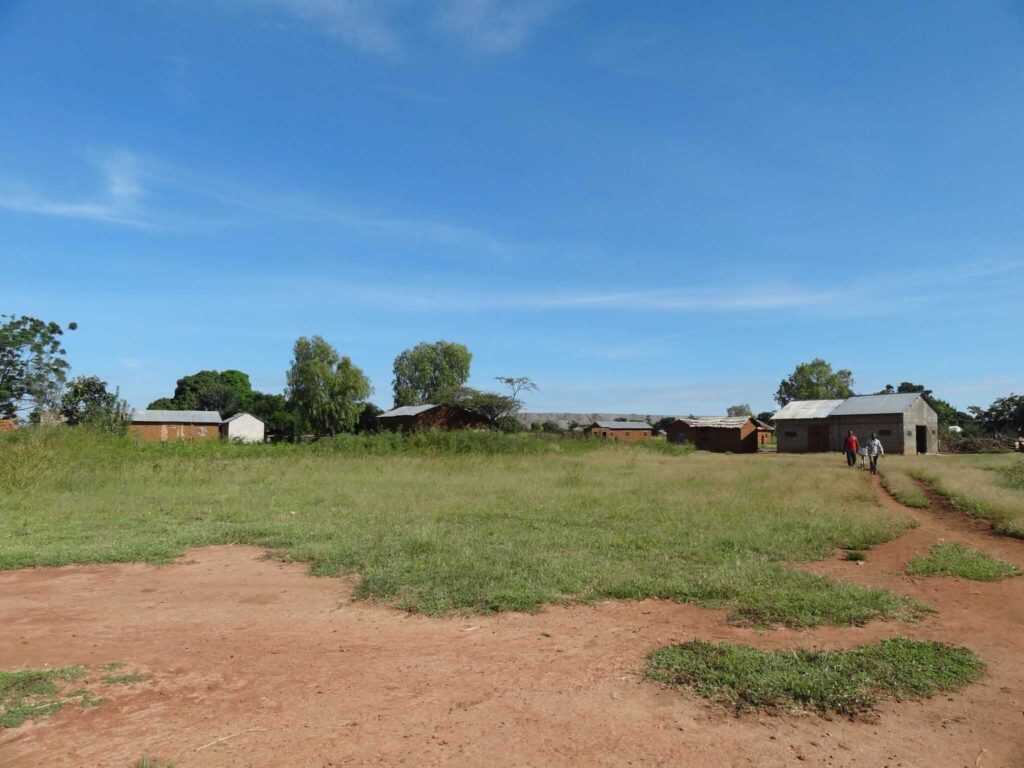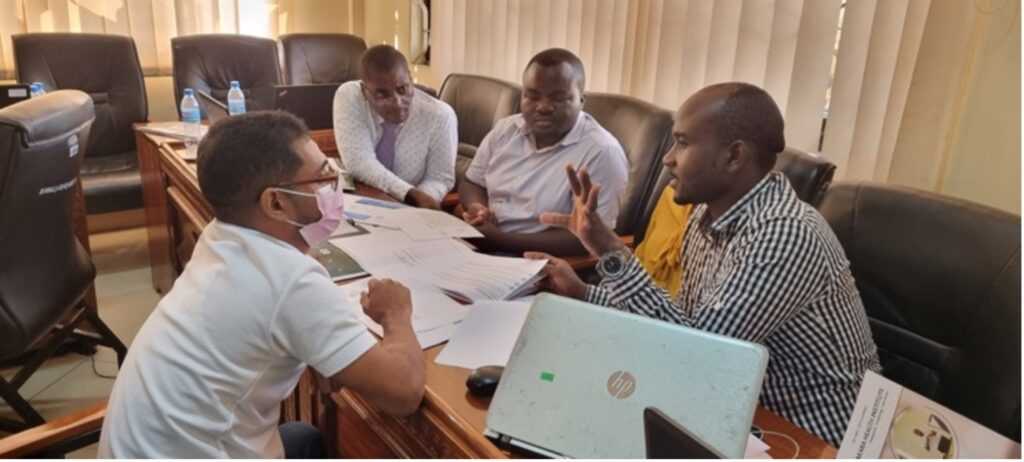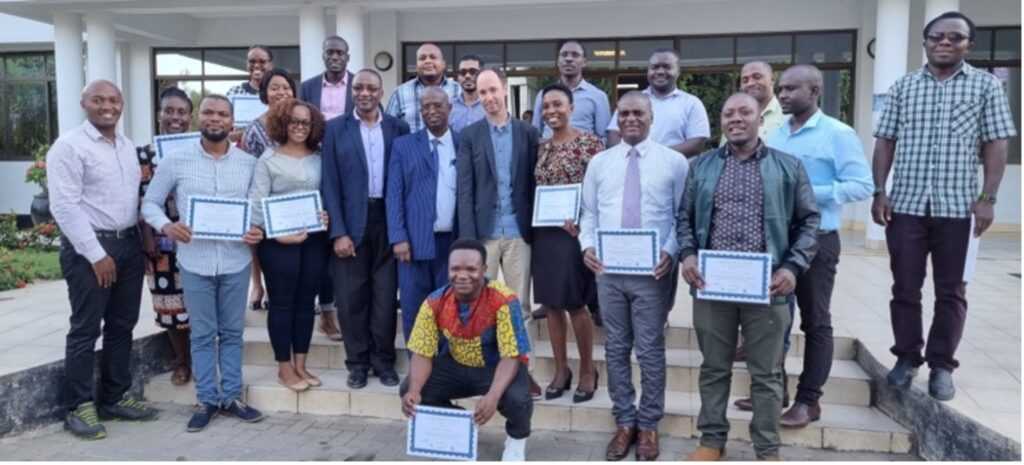

The HIA4SD project partner in Tanzania is the Ifakara Health Institute (IHI). In 2019, the project conducted focus group discussions and interviews in communities around three major mining projects in Shinyanga and Geita. A wide range of local stakeholders, including representatives from the mines, the health care sector and community members were consulted to understand local perceptions of health impacts. In addition, interviews with stakeholders at the central-level within Ministries, mining companies and civil society organizations were conducted to discuss potential policy options for managing health impacts of mining projects.
The results from the first phase of the HIA4SD project have been summarized in a series of documents:
Water and health in mining regions in sub-Saharan Africa: a mixed methods geospatial visualization
Digital storytelling video clip with insights into field work from Tanzania
Multi-stakeholder meeting in Dodoma
On 12 August 2021, the multi-stakeholder meeting in Tanzania was held in the capital Dodoma to discuss findings from the research phase of the HIA4SD project. The meeting drew participation of members of the Parliamentary Standing Committee on Minerals and Community Development as well as representatives of the Ministry of Minerals and from the Ministry of Health, Community Development, Gender, Elderly and Children. Other participants came from the President’s Office – Regional Administration and Local Government (PO-RALG), the National Environmental Management Commission (NEMC), academic Institutions, civil society organizations, and the media.
Meeting participants discussed the findings and thereafter engaged in a policy dialogue on how to promote the inclusion of health impact assessment as a regulatory framework in the context of natural resource extraction projects. During the discussions, meeting participants proceeded to identify specific actions and actors which are important for the next phase of engagement. At the end, the HIA4SD project leaders presented future plans to conduct additional policy engagement activities as well as build capacity through virtual and in-person training courses.
See the presentations and a detailed workshop report for further information.
Constructing large infrastructures such as roads, bridges, water dams, rail roads or mines poses unique challenges. How could project-induced changes adversely impact community health around construction sites? Can the influx of project workers increase the transmission of infectious diseases?
Aiming to strengthen the use of health imact assessment (HIA) in the licensing process of large infrastructure projects, a three-day course was offered in Dar es Salaam between 14 and 16 June 2022. The course was organized by the Ifakra Health Institute in collaboration with the Muhimbili University of Health and Allied Sciences and the Swiss Tropical and Public Health Institute. The aim was to contribute to a solid understanding of the HIA approaches and to build capacity to implement HIA.
Fifteen participants from a very diverse background representing government entities, academic and research institutions participated in the interactive course. Beyond theoretical inputs on HIA and the context of large infrastructure processes, the participants solved a country-specific case study and were engaged in discussions. The attendance by high-level representative of the School of Environment underscored the importance of the topic and the course.
Click here for the complete training report (English).
Click here for detailed information on training possibilities.

Engaged group discussion during the short course

Group picture of facilitators and participants after the short course
The HIA4SD project is international research project lead by a multinational consortium based in Burkina Faso, Ghana, Mozambique, Switzerland and Tanzania. The project aims to strengthen the application of health impact assessment as a regulatory mechanism to engage natural resource projects in working towards the 2030 Agenda for Sustainable Development. The project is funded by the r4d programme, which is a joint initiative of the Swiss National Science Foundation and the Swiss Agency for Development and Cooperation.